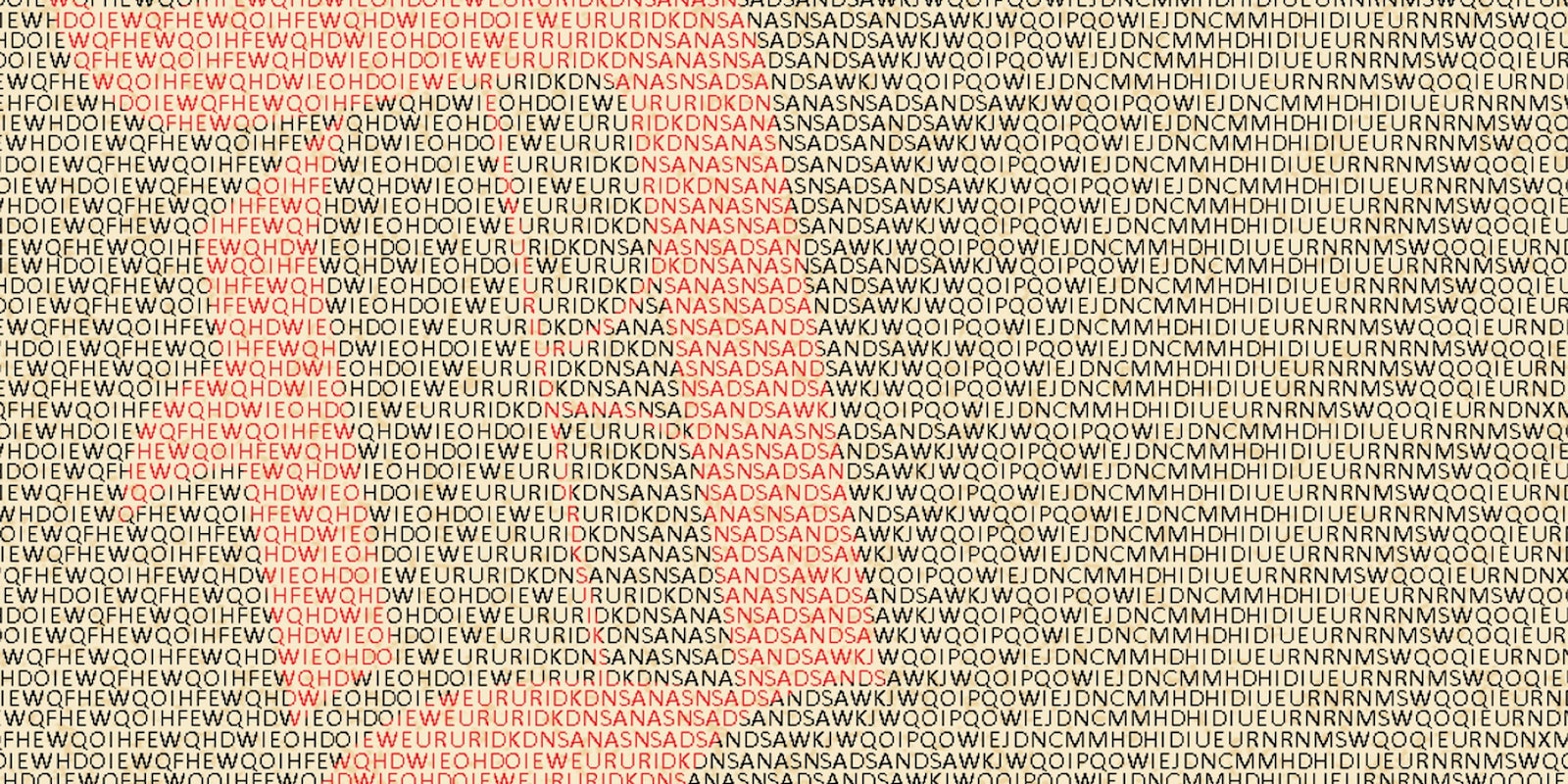Friday. Friday. I don’t know about you, but I’ve got to get down on Friday.
Those who know me well are aware of my love for the cheesiest of cheesy pop. So of course I fell in post-ironic love with Rebecca Black’s dippily innocent “Friday” song and video when they burst onto my feeds.
Naturally I viewed the disappearance of the video as an existential threat, and responded accordingly with an act of intrepid journalism. While others stumbled over fake “director’s cuts” and such, I found what I’m pretty sure is the real deal.
Unlike the schadenfreude-soaked original, embedded in an endless sea of bloggy ridicule, the new version posted by RebeccaBlack4Real has all of 4,590 views.
We’re not so excited about Rebecca Black anymore.
…
It was a week of viral video. As Fruzsina Eördögh reported, the post-Stanley Cup riots in Vancouver were all over YouTube. As rioters posted their exploits online, their identities were quickly uncovered by the Internet’s upright citizen brigades working from their distributed desks.
But they didn’t answer a more disturbing question: Did the rioters riot, and film themselves rioting, precisely because they knew they could put it on YouTube and draw an audience of millions? And did the amateur investigations just feed into their ego trip?
Even the so-called “Hero of Vancouver,” who urged rioters to stand down and stop trashing their town, may not have been what he seemed.
…
We’re starting to do journalism by numbers — meaning real, meaty data that we can interpret, analyze, and turn into ongoing stories. The data exhaust of online communities is powerful, and if we can capture it and filter it for the sweet perfume of information, then we’ll be able to do a completely new kind of reportage.
Right now, we’re seeing glimmers of that. For example, Grant Robertson discovered, by analyzing the top Tumblr blogs, the secret of its surprising rise to 20 million bloggers and counting: It’s all about objects of desire, like fashion and cars. You might surmise that by browsing Tumblr, but data gives us the certainty we seek as journalists.
…
Last week I wrote about the plague of hoaxes and frauds taking over the Internet. Even Rebecca Black, it seems, got impersonated today, with a fake YouTube account pretending to post a “director’s cut” from the Vevo music-video service.)
The heartening thing? As Janet Kornblum pointed out, the numbers paint a more optimistic picture. You’d think we’d all be jaded online. But in fact, Internet users and social networkers in particular are more trusting, not less, than the offline minority. That makes sense to me.
Yes, people toss around the phrase “the Internet community” far too lightly. And I’m skeptical myself that our common humanity, linked by the network, is enough of a bond to unite us. (The Vancouver rioters certainly disappoint.)
Maybe it’s like Churchill’s view of democracy: The Internet is the worst possible kind of community. Except for all others that have been tried.


